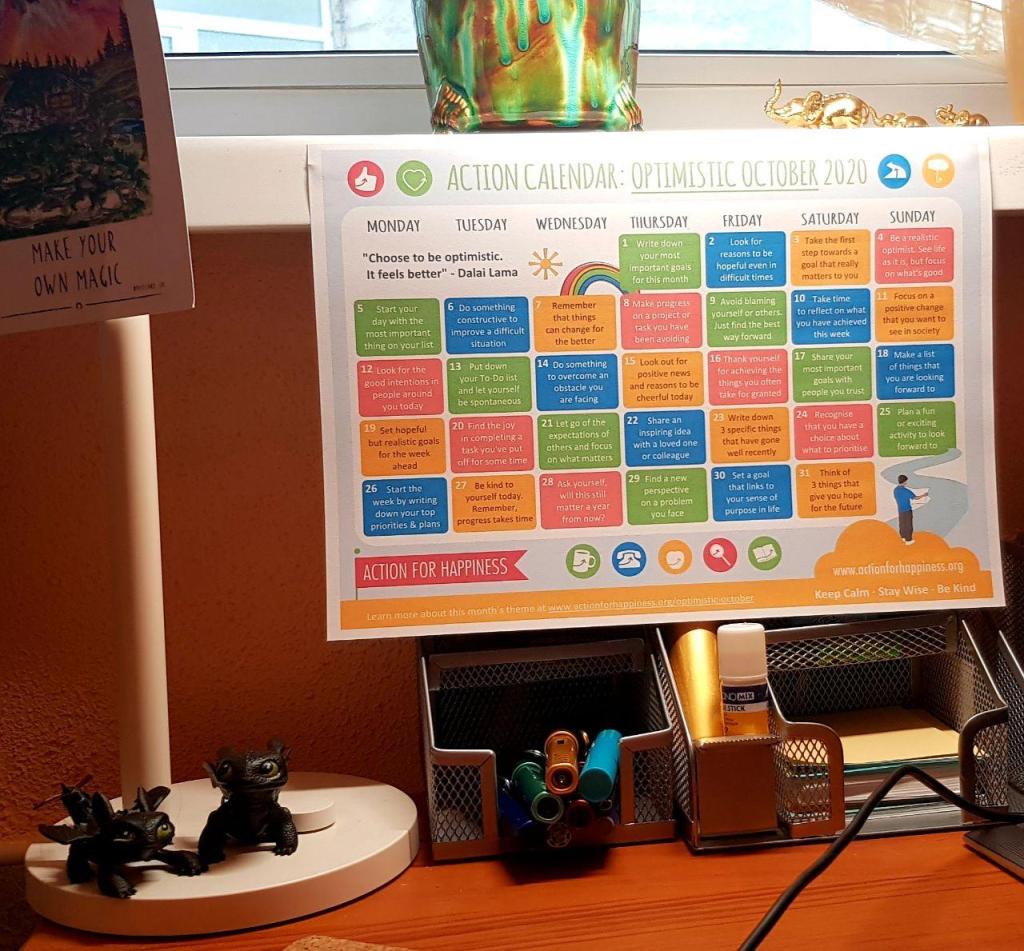
If my yesterday’s post didn’t bring joy into your teaching life, this article certainly will 🙂 TeachThought.com lists 20 ways that can make the classroom a little happier. Much as I am against the notion of mindless ‘fun’, this post is different in that it recommends very sane and worthwhile things like project-based learning. consistency, telling personal stories and generally being human. And it’s just great to have all these ideas in one place.








